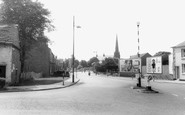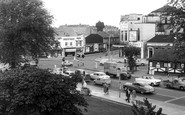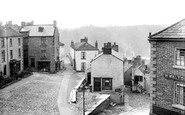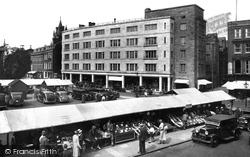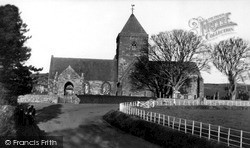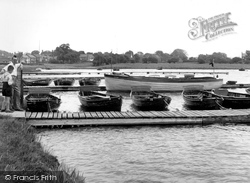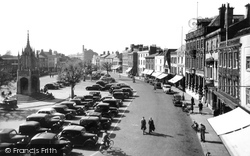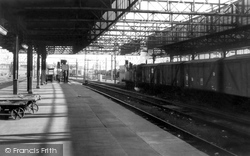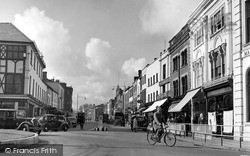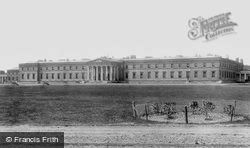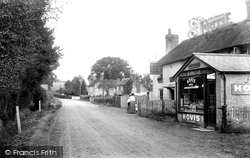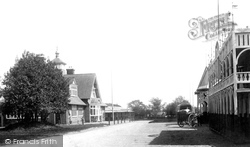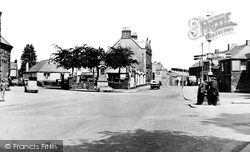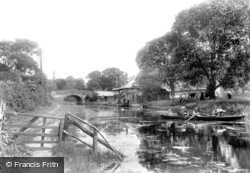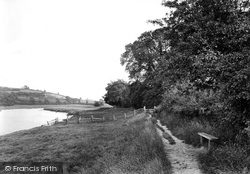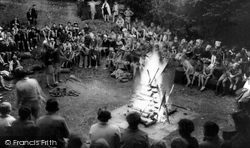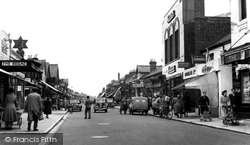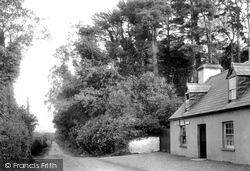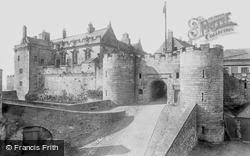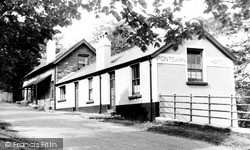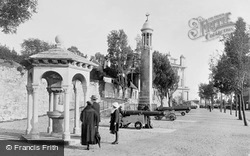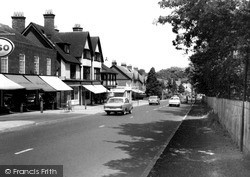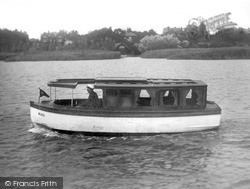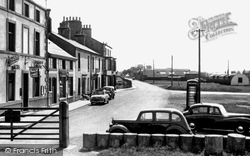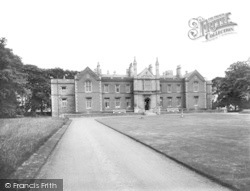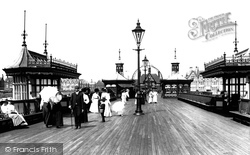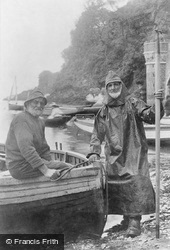Places
8 places found.
Those places high-lighted have photos. All locations may have maps, books and memories.
Photos
77 photos found. Showing results 161 to 77.
Maps
49 maps found.
Books
Sorry, no books were found that related to your search.
Memories
1,425 memories found. Showing results 81 to 90.
Fynn From The Black Dog
I'm also related to Mr William Fynn ( of sorts!) who ran the Black Dog. He passed away in 1912 after an unsuccessful operation. His wife Rosanna born in Lancashire was of Scottish heritage. Grace was her niece ...Read more
A memory of Horndon on the Hill by
Warners
As a young child I can remember several holidays taken at the Warners holiday camp at Seaton. The serious business of 'motoring down to Devon' was never taken lightly, lunch was prepared the night before to be eaten at Stonehenge, where ...Read more
A memory of Seaton in 1965 by
Ancestral Home
With my newly obtained lawyer´s degree and after joining a British bank based in Buenos Aires, Argentina, I was sent to London, to follow an international training course of one year, along with my wife Rosemarie and our one ...Read more
A memory of Car Colston in 1972 by
Happy Days In Latimer
It was only two years or so, from 1959-61, aged 6-8, but it still seems as if the happiest period of my childhood in Latimer was one long, endless, glorious summer. My dad was in the army, in the King's Own Scottish ...Read more
A memory of Latimer in 1959 by
The Happiest Days Of Your Life
Brambletye school, well set between the beautiful Ashdown Forest and thriving town of East Grinstead on the Sussex/Surrey border was a paradise on Earth for any schoolboy with an aesthetically romantic (!) ...Read more
A memory of Brambletye House in 1959 by
Growing Up In Newton
I was born in the old cottage on the left, 175 High Street, in 1948, as June Glencross, my parents squatted there after the war, my dad became the local builder. In 1956 we moved up the road to the old congregational ...Read more
A memory of Newton-le-Willows in 1948 by
Holiday Park
I am from Brigend, South Wales, and for some reason my mother decided on our summer holidays to take us to the Isle of Sheppey, why at this time we would travel that (in those days) distance I do not know. I was 16 and my ...Read more
A memory of Leysdown-on-Sea in 1964 by
Stockdales Greengrocers Shop
Stockdales shop was owned by by grandma Winnie Stockdale and her husband Jim. She retired from the shop in 1965 and lived at Church Street, Cudworth. She opened the shop in about 1937. My grandad Jim worked at Monk ...Read more
A memory of Cudworth in 1956 by
Trolley Bus Routes 630 And 612
These routes passed along the road which comes down to the right hand corner to Croydon following that road or to Hammersmith etc. passing round the Majestic to London.
A memory of Mitcham in 1940 by
Luther Paxton Plumber
The building jutting out into Castle Hill on the left upper of this picture is no. 17 and was my Great Uncle Luther Paxton's plumbers shop. The shop was on the ground floor and he and his wife, Amy lived on the upper two ...Read more
A memory of Richmond in 1948 by
Captions
876 captions found. Showing results 193 to 216.
With stalls creaking under the weight of locally grown produce, there is no hint of the rationing to come after the outbreak of war the following year.
The church was targeted by the suffragettes during a campaign of violence following the government's refusal to grant votes for women.
Joseph Wade, a Hull timber merchant, had a strong influence on the development of a resort here following the arrival of the railway in 1864.
This particular view shows the curve of the street: this echoes the line of New Park Street and Monday Market Street, which follow the castle's banks and ditches.
This was followed by the Liverpool-to-Crewe line, and then south to London's Euston.
After the failure of his rebellion at the Battle of Sedgemoor, a number of his local followers were executed at the same spot.
On parade days, the adjutant rides his horse up the steps and through the main doors, followed by the cadets who have completed their passing-out parade.
If we follow the signs, we come to the National Rifle Association Offices and Ranges, known the world over.
If we follow the signs, we come to the National Rifle Association Offices and Ranges, known the world over.
Aspatria's unusual-sounding name means 'the place of St Patrick's ash', a reference to the early Celtic Christians who followed the Irish saint.
It later reopened following major restoration work.
The L&SW railway follows the river almost from the water- shed at Copplestone near Crediton, 30 miles away.
The Native American headdresses suggest that this particular day's end followed the equally traditional Wide Game.
Originally a village, Eastleigh expanded rapidly around Bishopstoke Junction after the London and South Western Railway Company's carriage works moved here in 1889-90, followed by the locomotive workshops
Glengarriff was a very popular resort with well-off Victorians, who followed the 'Prince of Wales' route from Cork to Bantry and from thence by steamer to Glengarriff before travelling on by mail car to
When the forework was remodelled for James IV, it partially followed the line of earlier defences.
Following the railway journey, which was frequently a short one, the day-trippers could find suitable refreshments in the Pontsarn Hotel.
Travelling aboard the 'Mayflower', the emi- grants had to put into Dartmouth and Plymouth following problems with the ship.
Housing development followed the railway, but the station closed in 1965.
Boats have been available for hire in Broadland since at least the 1880s, and motor launches first became available in the years following the First World War.
Glasson was first used as a port for ships unable to navigate the Lune to Lancaster from 1787, but the arrival of the canal in 1826, followed by the railway in 1883, increased its effectiveness.
Following a bequest by a local surgeon in 1828, the Infirmary was built in Tudor-Gothic style on the historic Greyfriars site.
The pier at St Anne's opened in 1885, with extensions following in 1904. These included a new pierhead entrance, and a handsome Moorish pavilion which held 1000 people.
Looe fishermen have followed the pilchard shoals for generations. The town was an important medieval port, and copper-ore and granite were once exported from its quay.
Places (8)
Photos (77)
Memories (1425)
Books (0)
Maps (49)

